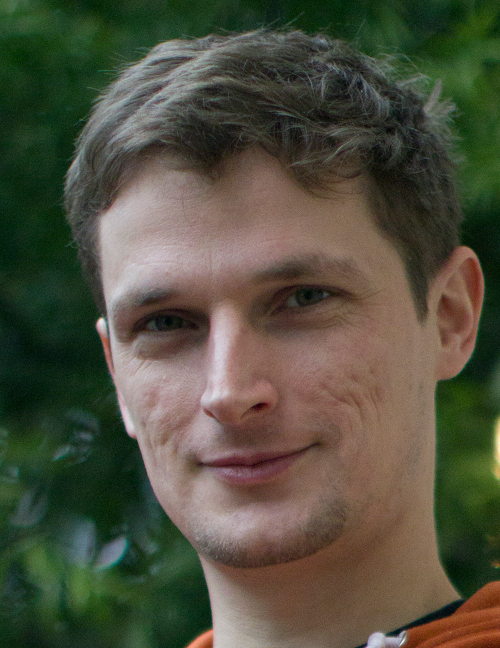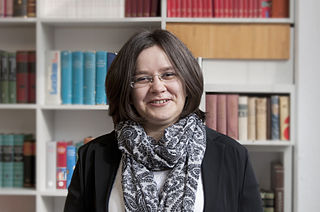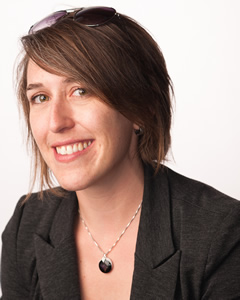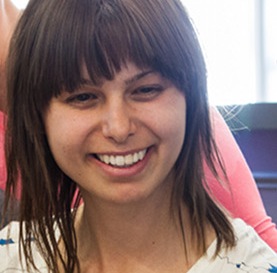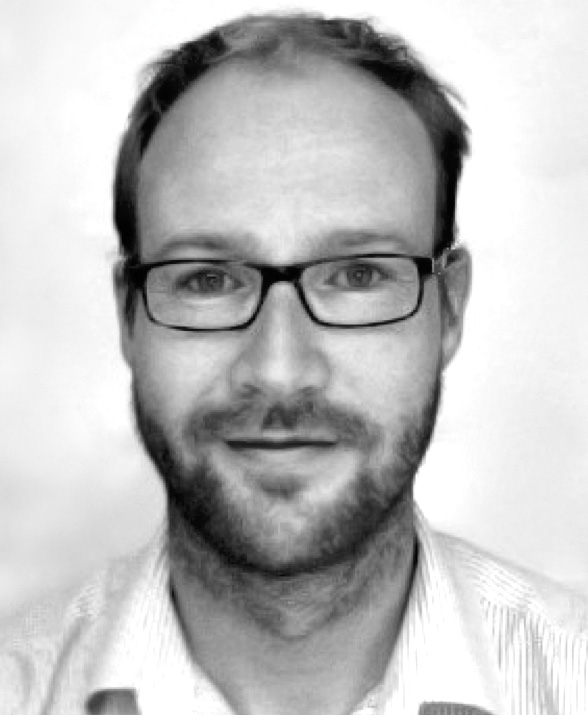
OpenSym 2014 is proud to announce one of the conference’s invited talks!
Title: Inner Source: Coming to a Company Near You Soon!
Speaker: Klaas-Jan Stol of Lero
Abstract: The nature of software development has changed significantly over the last decade or so, driven by trends such as an increasing level of software outsourcing, distributed development and collaborative development models. One such model of collaborative and distributed development that has attracted significant attention in both industry and research communities is that of Open Source. Open Source development seems to defy traditional wisdom in software development — with a seeming absence of a predefined process, open source communities have produced high-quality and successful products. Increasingly, large organizations are looking to reproduce such emerging and collaborative development projects by adopting the open source development paradigm within their organizations. This phenomenon is labelled “Inner Source”. This talk will present the results of four years of research into Inner Source. Specifically, the talk will address questions such as why companies would want to adopt Inner Source and what factors are important when adopting Inner Source. The talk will draw from several industry cases of Inner Source.
Biography: Dr Klaas-Jan Stol is a Research Fellow with Lero — the Irish Software Engineering Research Centre. He holds a PhD in software engineering from the University of Limerick and an MSc from the University of Groningen. His research interests include contemporary software development methods and strategies, including Inner Source, Open Source, crowdsourcing, and agile and lean methods, as well as research methodology and theory building in software engineering. In a previous life, he was a contributor to an Open Source project.
